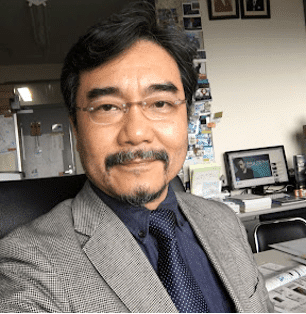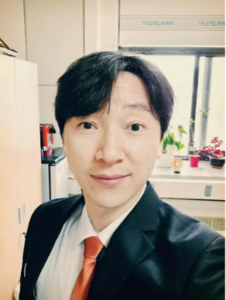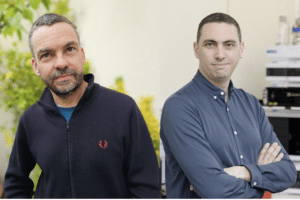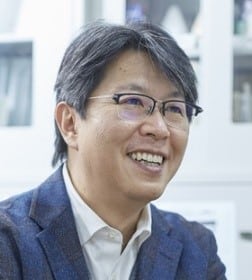Inositol is a hexavalent alcohol with a hydroxyl group attached to each of the six carbons of cyclohexane, and there are nine isomers, epimerising the six hydroxyl groups. Some bacteria metabolise inositol as their sole carbon source, Bacillus subtilis being one of them. Using reverse genetics based on the genomic information of B.subtilis, I have elucidated the degradation pathways of the three inositol isomers and the regulatory mechanisms of the expression of the gene clusters involved. Furthermore, using the knowledge gained, I succeeded in metabolic engineering to convert a naturally abundant, cheap inositol isomer into another rare, expensive isomer with a specific physiological activity(anti-Alzheimer’s disease activity). Subsequently, to broaden our understanding of bacterial inositol metabolism, I began to study a thermophilic Geobacillus kaustophilus because analysis of the genomic information of this bacterium, isolated from the Mariana Trench sediments, revealed that it formed a cluster of genes that were highly homologous to the inositol metabolising genes of B.subtilis. Its inositol metabolic pathways appeared similar to those in B. subtilis, but the underlying regulatory mechanisms could differ. In particular, an atypical mechanism may be at work, utilising only part of the typical Gram-positive bacterial catabolite repression.
Short bio
After obtaining a Master of Science in Agriculture at Kyoto University in 1989, he got an Assistant professor position at Fukuyama University in 1990. He was given a PhD at Kyoto University in 1993 and served as a Postdoc fellow at INRA, France, in 1996-97. He moved to Kobe University in 2004 as an Associate professor and became a Full professor of Applied Microbiology in 2009. He received the prize for Encouragement of Young Scientists (2002) and twice for Excellent papers from the Japan Society for Bioscience, Biotechnology, and Agrochemistry (2008 and 2014). He received the Fermentation and Metabolism Research Award (2006) from the Japan Bioindustry Association (JBA) and a prize from the NAGASE Science Technology Foundation (2009). He received the Hyogo Science Prize (2023). He has served in the Research Promotion Bureau in the Ministry of Education, Culture, Sports, Science and Technology, Japan (MEXT) (2005-2007). He has acted as an honourable FEMS Ambassador since 2019 to date. He served at Kobe University Brussels European Centre as one of the directors (2013-2019 and 2022-2023) and as Executive Director of the Centre for EU Academic Collaboration/ Office for International Strategic Planning, Head of the Europe & Africa Division (2019 to 2023). Recently, he became Deputy Dean of the Graduate School of Science, technology and Innovation (2024-).
Laboratory of the speaker
Invited by
Philippe Noirot




